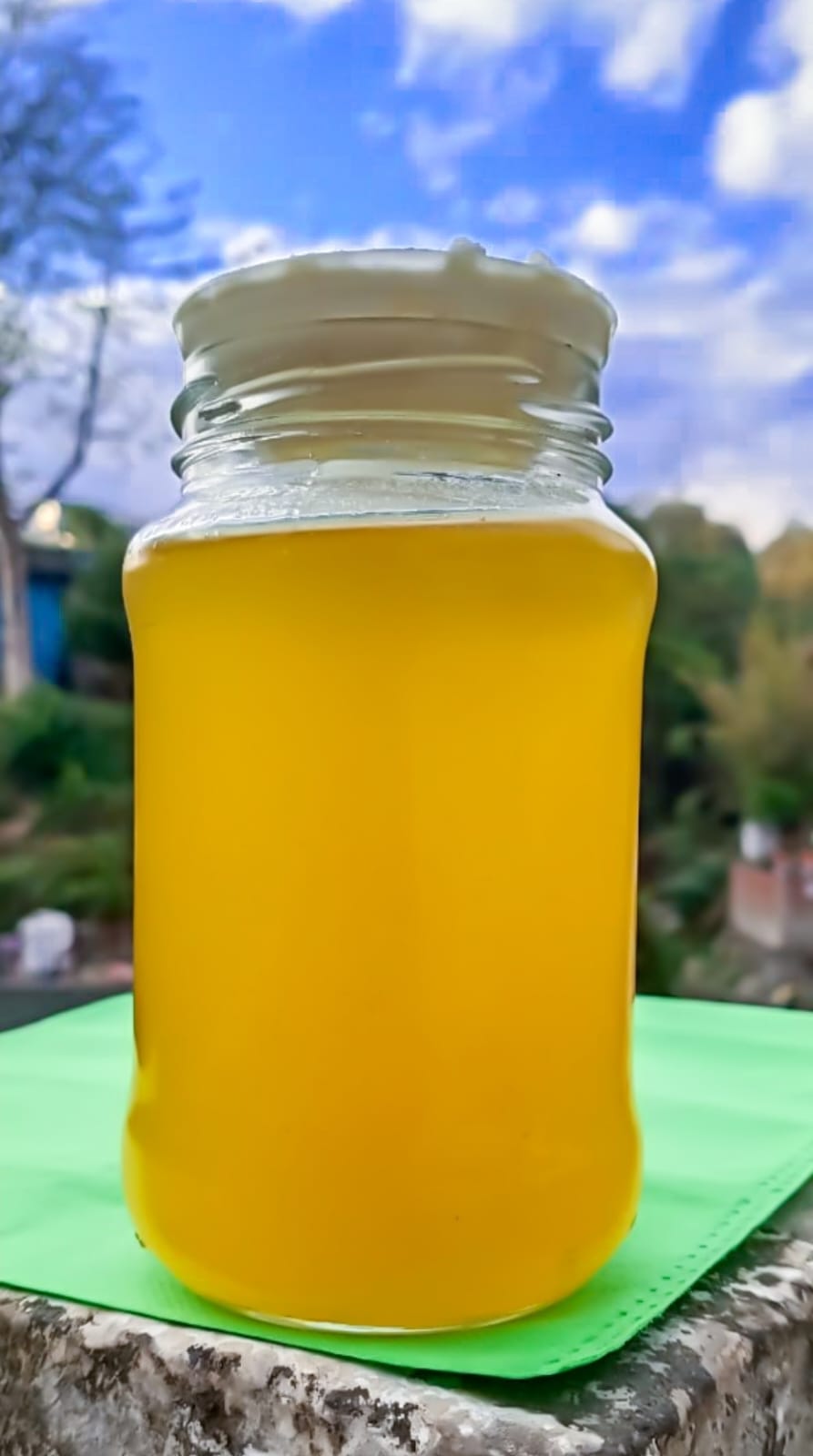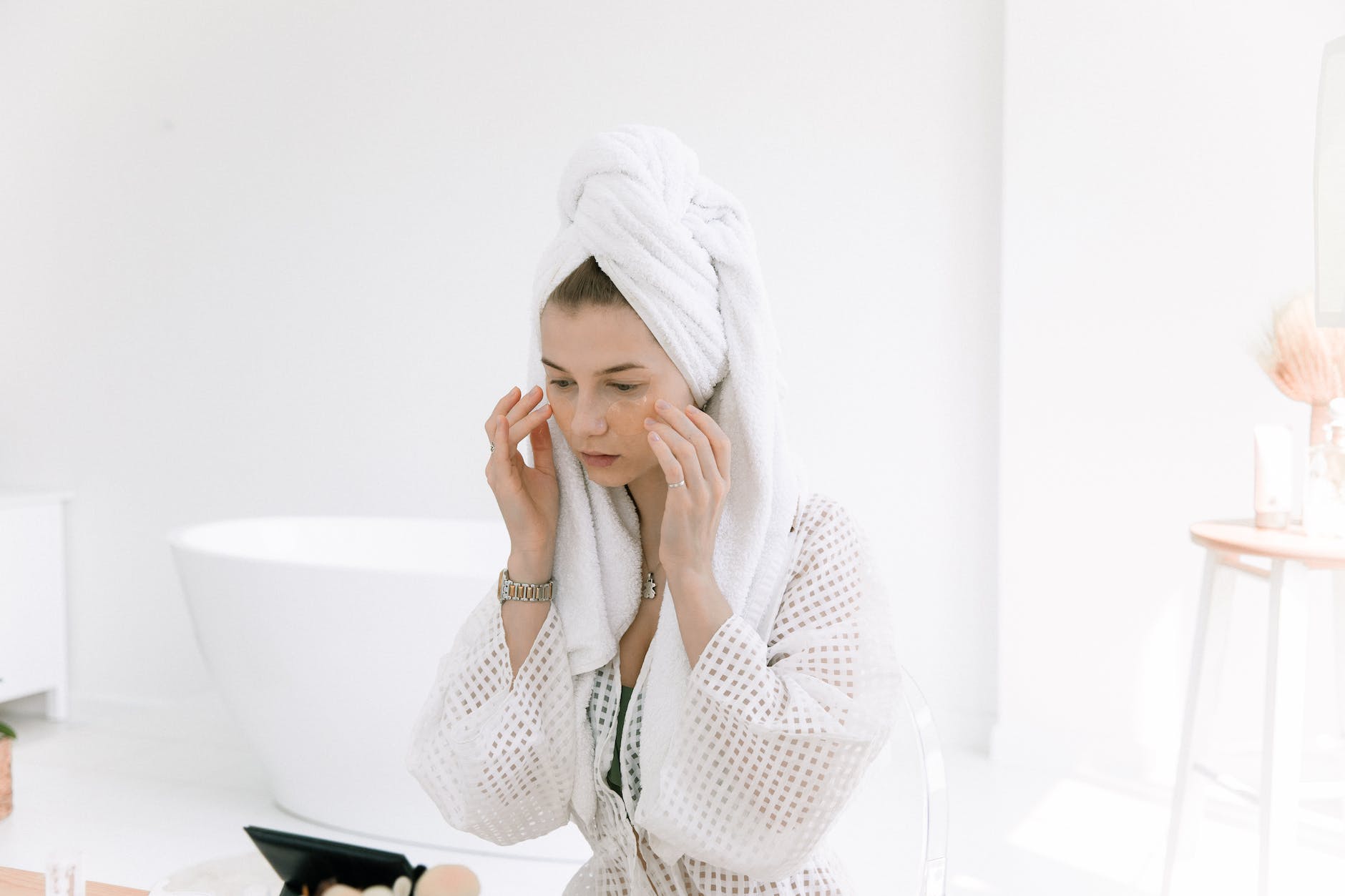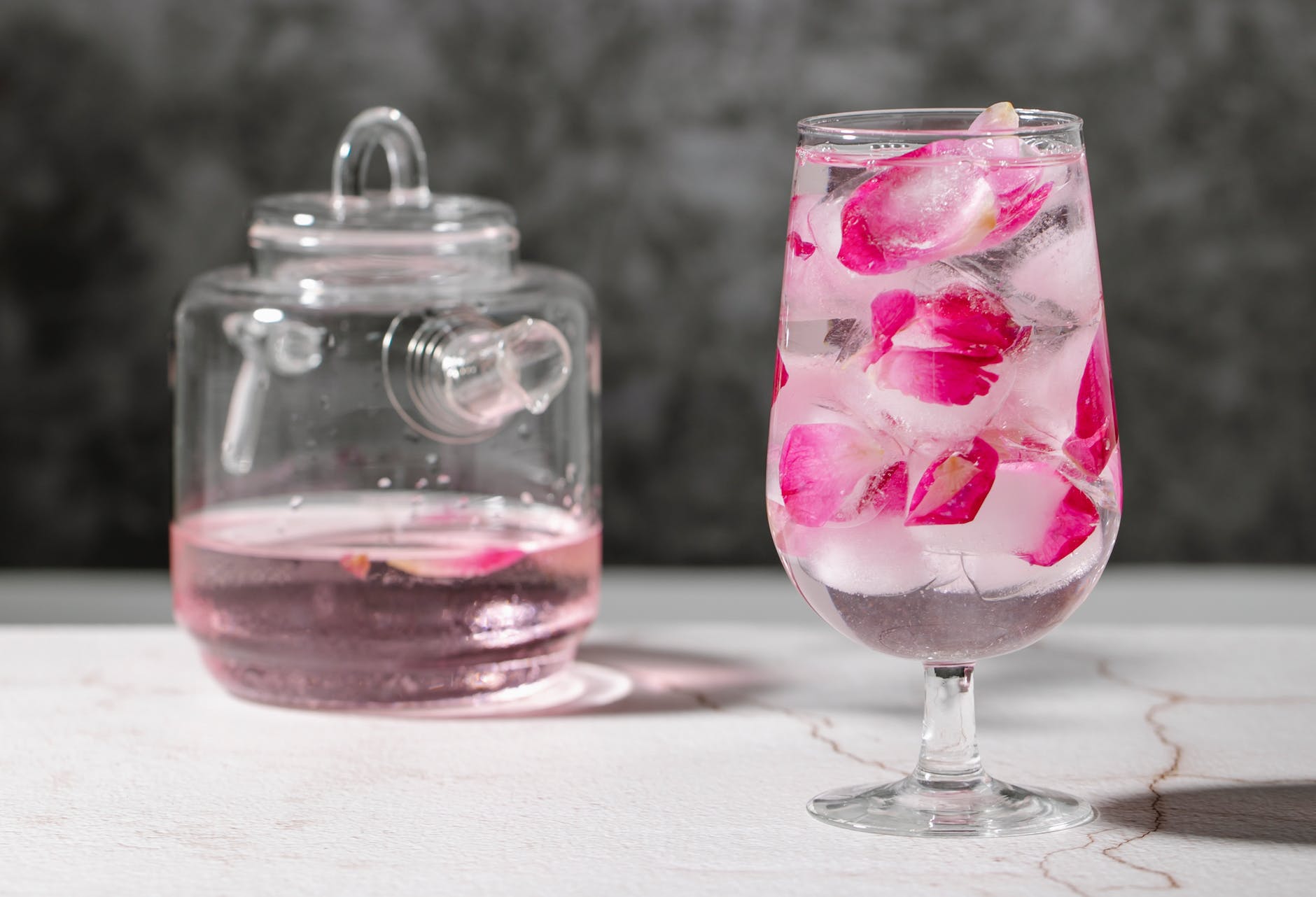
Introduction:
Ghee, often referred to as ‘liquid gold’, is not just a culinary staple in Indian households but also a revered beauty secret passed down through generations. This clarified butter, rich in vitamins and essential fatty acids, promises a range of benefits for the skin, from deep moisturization to anti-aging effects. Let’s embark on a journey to uncover the myriad wonders of ghee for skin and face care.
Table of Contents:
- Understanding Ghee: A Brief Overview
- Top Benefits of Ghee for Skin
- Ghee in Your Daily Skincare Routine
- DIY Ghee-Based Beauty Recipes
- Precautions and Tips
1. Understanding Ghee: A Brief Overview
What is Ghee?
Originating from the Indian subcontinent, ghee is clarified butter derived from the milk of cows or buffalo. It undergoes a process of simmering butter to remove milk solids, resulting in a golden, aromatic liquid. In Ayurveda, ghee is considered a ‘sattvic’ food, promoting positivity and health.
Nutritional Profile:
Ghee is a powerhouse of nutrients. It’s rich in:
- Vitamins A, E, and D: Essential for skin health and radiance.
- Omega-3 and Omega-9 fatty acids: Promote skin hydration and elasticity.
- Butyric acid: Known for its anti-inflammatory properties.
2. Top Benefits of Ghee for Skin
Deep Moisturization:
Unlike commercial moisturizers that might contain harmful chemicals, ghee offers natural hydration. Its unique fatty acid profile ensures that moisture is locked deep within the skin layers, preventing dryness and flakiness.
Anti-Aging Properties:
Aging is a natural process, but premature aging can be a concern for many. Ghee, with its rich antioxidant content, combats free radicals, reducing the appearance of fine lines, wrinkles, and age spots.
Eczema and Skin Irritations:
Eczema, characterized by itchy, inflamed skin, can be distressing. Ghee’s anti-inflammatory properties offer relief, soothing the skin and reducing redness and irritation.
Natural Glow:
A radiant complexion is a sign of healthy skin. Regular application or consumption of ghee can enhance your skin’s natural glow, making it look revitalized and youthful.
Protection and Healing:
Our skin is exposed to various environmental aggressors daily. Ghee forms a protective barrier, shielding the skin from pollutants, harmful UV rays, and other damaging factors. Additionally, its healing properties can accelerate the repair of minor cuts and wounds.
3. Ghee in Your Daily Skincare Routine
Morning Ritual:
- Ghee Face Cleanser: Begin your day by massaging your face with ghee. Its oil-pulling properties ensure that dirt and impurities are effectively removed. Rinse with lukewarm water for a fresh start.
- Ghee Eye Cream: The skin around our eyes is delicate. A dab of ghee can combat puffiness, reduce dark circles, and hydrate this sensitive area.
Nighttime Care:
- Ghee as Overnight Mask: Night is when our skin undergoes repair. Applying ghee ensures deep hydration, aiding the skin’s natural regeneration process.
- Ghee for Lips: Chapped lips can be painful. Ghee offers relief, moisturizing the lips and making them soft and supple.
4. DIY Ghee-Based Beauty Recipes
Ghee Face Cream:
Blend ghee with a few drops of lavender or rose essential oil. This mixture not only hydrates but also imparts a soothing aroma, making your skincare routine a therapeutic experience.
Ghee Exfoliating Scrub:
Exfoliation is crucial to remove dead skin cells. Mix ghee with brown sugar or oatmeal for a gentle, natural scrub that leaves your skin feeling rejuvenated.
Ghee and Turmeric Mask:
Turmeric, with its anti-inflammatory and skin-brightening properties, combined with ghee, creates a potent face mask. This blend can reduce pigmentation, even out skin tone, and impart a radiant glow.
5. Precautions and Tips
Patch Test: Before fully integrating ghee into your skincare routine, conduct a patch test. This ensures you don’t have any allergic reactions.
Storage: Ghee’s nutritional profile can be best retained when stored in a cool, dry place, away from direct sunlight.
Quality Matters: Always opt for organic, pure desi ghee. The traditional method of preparing ghee ensures maximum retention of its beneficial properties.
Ghee for Skin: Frequently Asked Questions (FAQs)
1. What are the benefits of ghee for skin?
Ghee is a powerhouse of vitamins A, E, and D, essential fatty acids, and antioxidants. These nutrients offer a range of benefits including deep moisturization, anti-aging effects, protection against UV rays, and promoting a natural glow.
2. Can I use ghee as a moisturizer?
Absolutely! Ghee’s unique fatty acid profile ensures deep skin hydration. Applying a thin layer can lock in moisture, preventing dryness and flakiness, making it an excellent natural moisturizer.
3. Is ghee effective for eczema?
Yes, ghee’s anti-inflammatory properties can soothe irritated skin, offering relief from conditions like eczema. It helps reduce redness, itching, and inflammation.
4. How can I incorporate ghee into my skincare routine?
Ghee is versatile and can be used as a cleanser, moisturizer, or even as a base for DIY face masks. For daily care, massage your face with ghee in the morning and consider using it as an overnight mask for deep hydration.
5. Can I make a face cream using ghee?
Certainly! Blend ghee with a few drops of your favorite essential oil (like lavender or rose) to create a nourishing face cream. This not only hydrates but also imparts a soothing aroma.
6. Is ghee suitable as an eye cream?
Yes, the delicate skin around the eyes can benefit from ghee’s moisturizing and anti-aging properties. A dab of ghee can reduce puffiness, dark circles, and fine lines.
7. Can ghee be used as a face moisturizer?
Definitely. Ghee can be applied directly to the face, offering deep hydration. Its nutrients promote skin health, making it look youthful and rejuvenated.
8. What are the benefits of applying ghee on the face?
Ghee can combat acne, reduce scars, enhance natural glow, offer protection against pollutants and harmful UV rays, and provide deep moisturization.
9. Is ghee good for the skin?
Absolutely! Ghee nourishes the skin, promotes cell regeneration, fights off skin-damaging free radicals, and enhances the skin’s natural beauty.
10. How often should I apply ghee on my face?
For best results, you can apply a thin layer of ghee on your face daily. However, always listen to your skin. If it feels too oily, you might want to reduce the frequency.
11. What are the benefits of applying ghee on the face overnight?
Using ghee as an overnight mask can deeply hydrate the skin, repair damaged cells, improve skin texture, and reduce signs of aging.
12. What is desi ghee, and how is it beneficial for the skin?
Desi ghee is traditionally prepared ghee, often made from cow’s milk. It retains most of its nutrients and is especially beneficial for skin health, offering hydration, elasticity, and a natural glow.
13. Can I apply ghee on my face overnight?
Yes, applying ghee on the face overnight acts as a deep moisturizing treatment. It nourishes the skin, making it soft, supple, and radiant by morning.
14. Are there any specific benefits of applying ghee on the face overnight?
Applying ghee overnight can accelerate the skin’s healing process, deeply moisturize, reduce signs of aging, and provide a radiant glow by morning.
15. How does ghee compare to other natural moisturizers?
Ghee stands out due to its rich content of vitamins, essential fatty acids, and antioxidants. While other natural moisturizers like coconut oil or almond oil offer hydration, ghee goes a step further by also providing anti-aging and skin-protecting benefits.
16. Can ghee help with skin pigmentation?
Yes, the vitamins and fatty acids in ghee can help reduce skin pigmentation, even out skin tone, and enhance natural radiance.
17. Is ghee suitable for all skin types?
While ghee is generally suitable for all skin types, those with extremely oily skin or specific skin conditions should consult a dermatologist before incorporating ghee into their skincare routine.
18. Can ghee clog pores?
Ghee is non-comedogenic, meaning it doesn’t clog pores. However, always ensure your skin is clean before application and use ghee in moderation.
19. How should I store ghee for skincare purposes?
Store ghee in a cool, dry place, away from direct sunlight to retain its nutritional value and consistency.
20. Are there any side effects of using ghee on the skin?
Ghee is generally safe for topical application. However, always conduct a patch test before the full application. If you notice any irritation or allergic reactions, discontinue use and consult a dermatologist.
Conclusion:
Ghee, with its myriad benefits, is a testament to nature’s ability to nurture and heal. By incorporating this golden elixir into your skincare routine, you’re not just embracing a beauty secret but also a tradition that has stood the test of time. Embrace ghee for skin that radiates health, beauty, and vitality.










